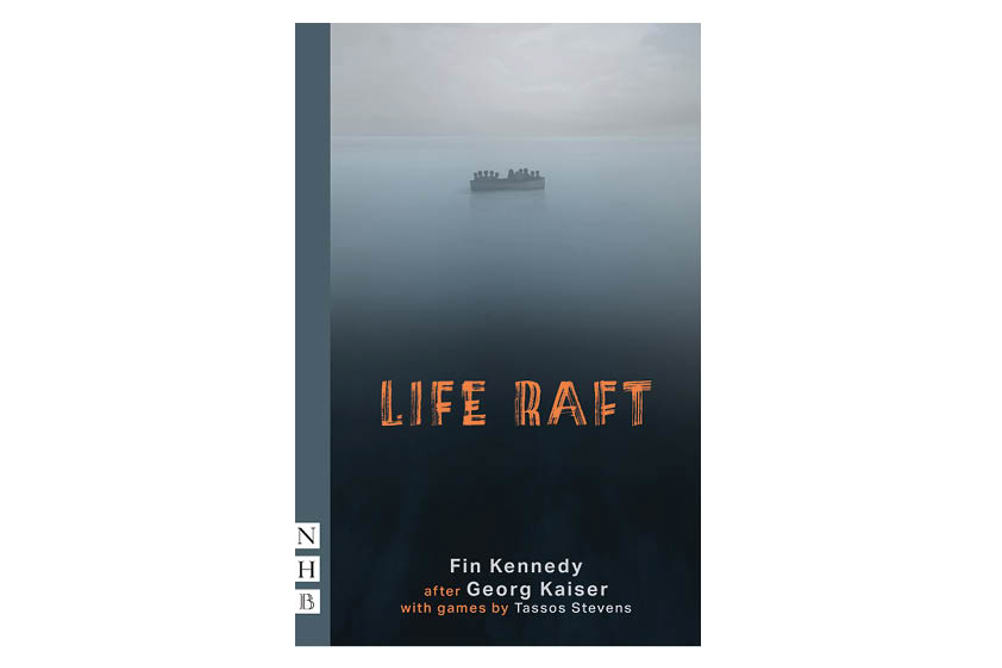A contemporary re-imagining with supporting drama games.

Though ten years has passed since it's Bristol Old Vic premiere, Fin Kennedy's contemporary re-imagining of Kaiser's final play – The Raft of the Medusa – retains the original's stark setting and bleakness while adding layers of humanity in this timely adaptation.
Set during an unnamed war, the original's World War II setting is dismissed to ensure the audience is not allowed to write it off as a period piece but instead regarded as something relevant to our times. Life Raft finds thirteen survivors of a ship's sinking stuck in a lifeboat in the middle of the ocean.
With rescue uncertain, the boat's leader Allan sets out ways on ensuring the survival of all of its occupants, something that's derailed by the discovery of a stowaway and a few miscalculations, meaning it isn't long before the children's grasp on humanity is tested in shocking ways.
Register now to continue reading
Register to the Drama & Theatre website today and gain access to all the latest news and developments from the world of drama education.
By registering you will receive:
-
Free access to 4 subscriber-only articles per month
-
Unlimited access to news and opinion on our website
Already have an account? Sign in here
